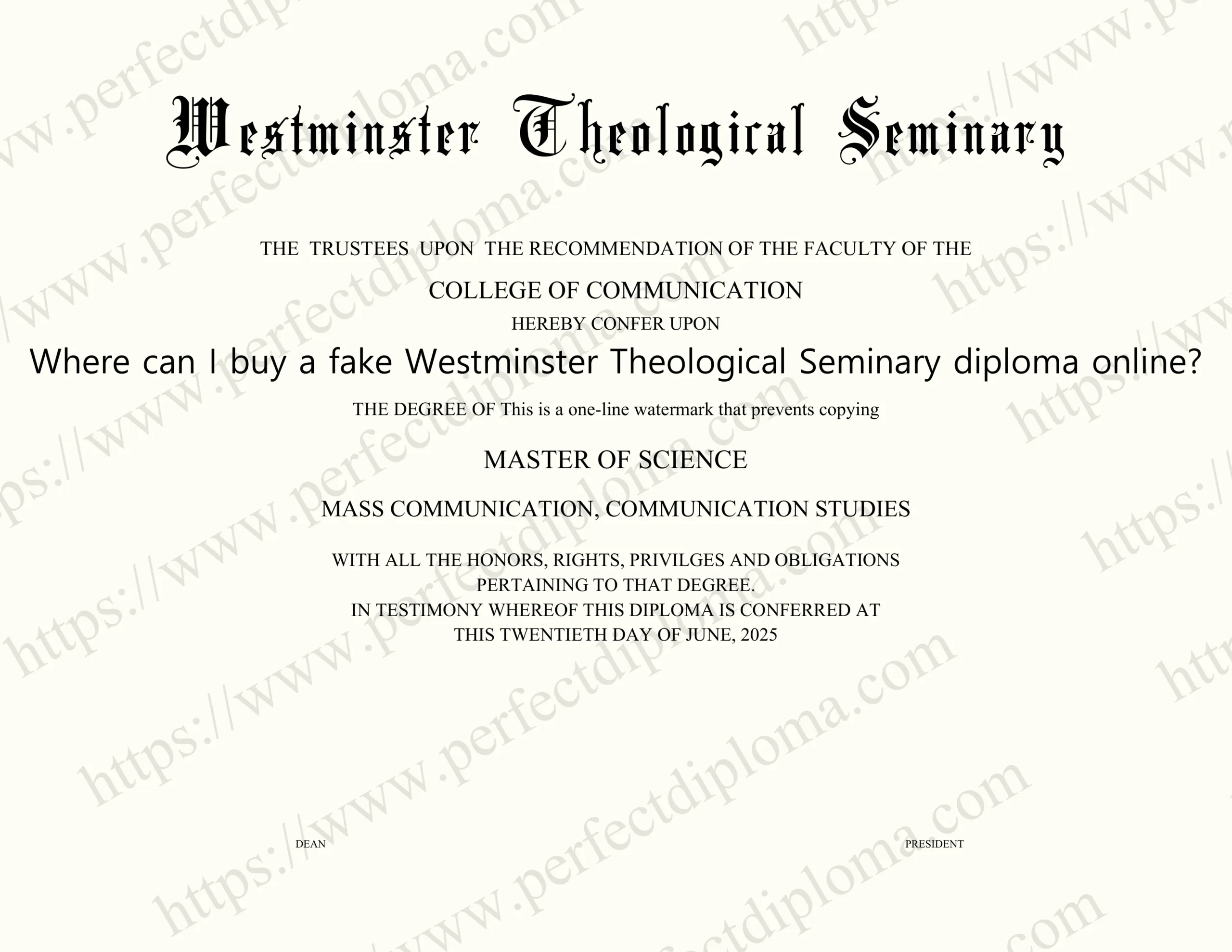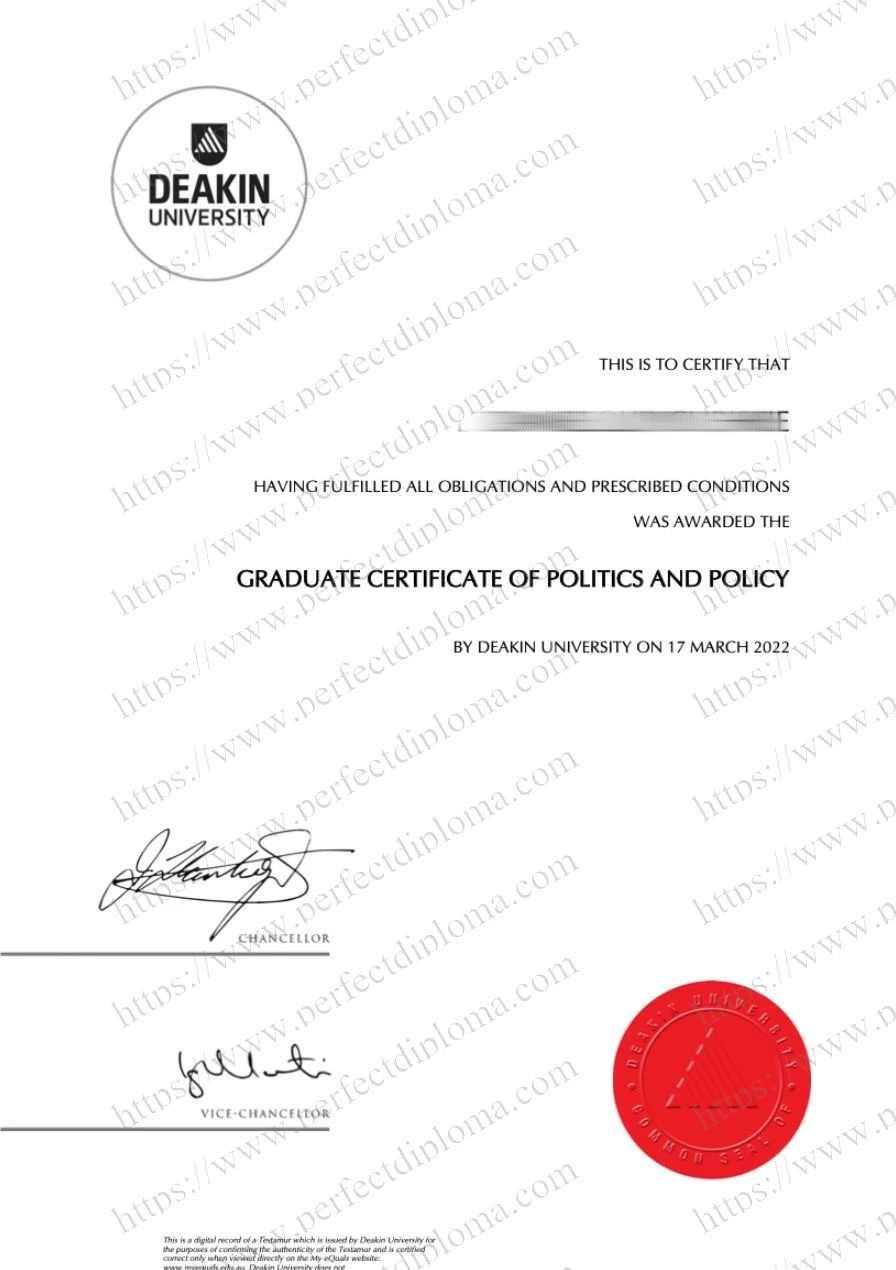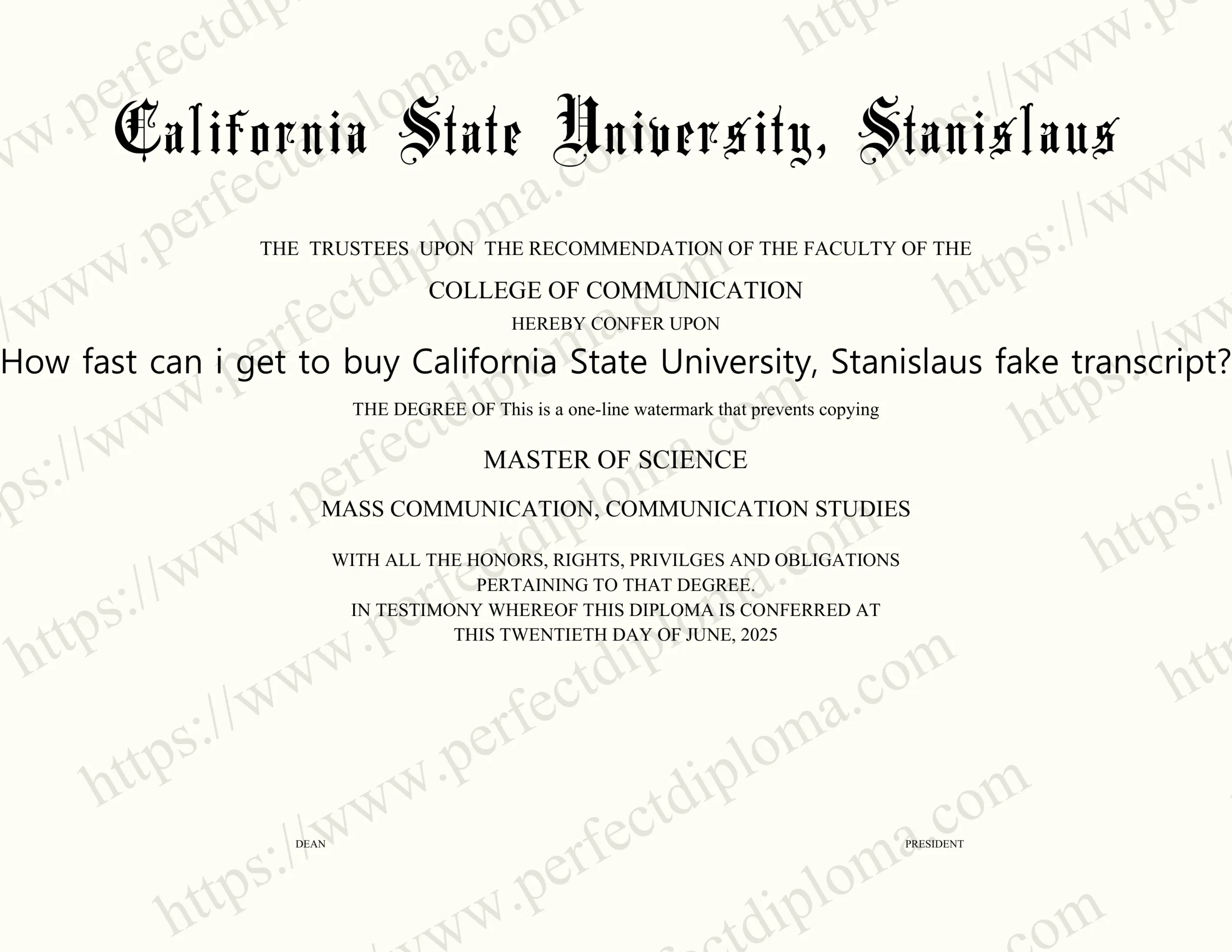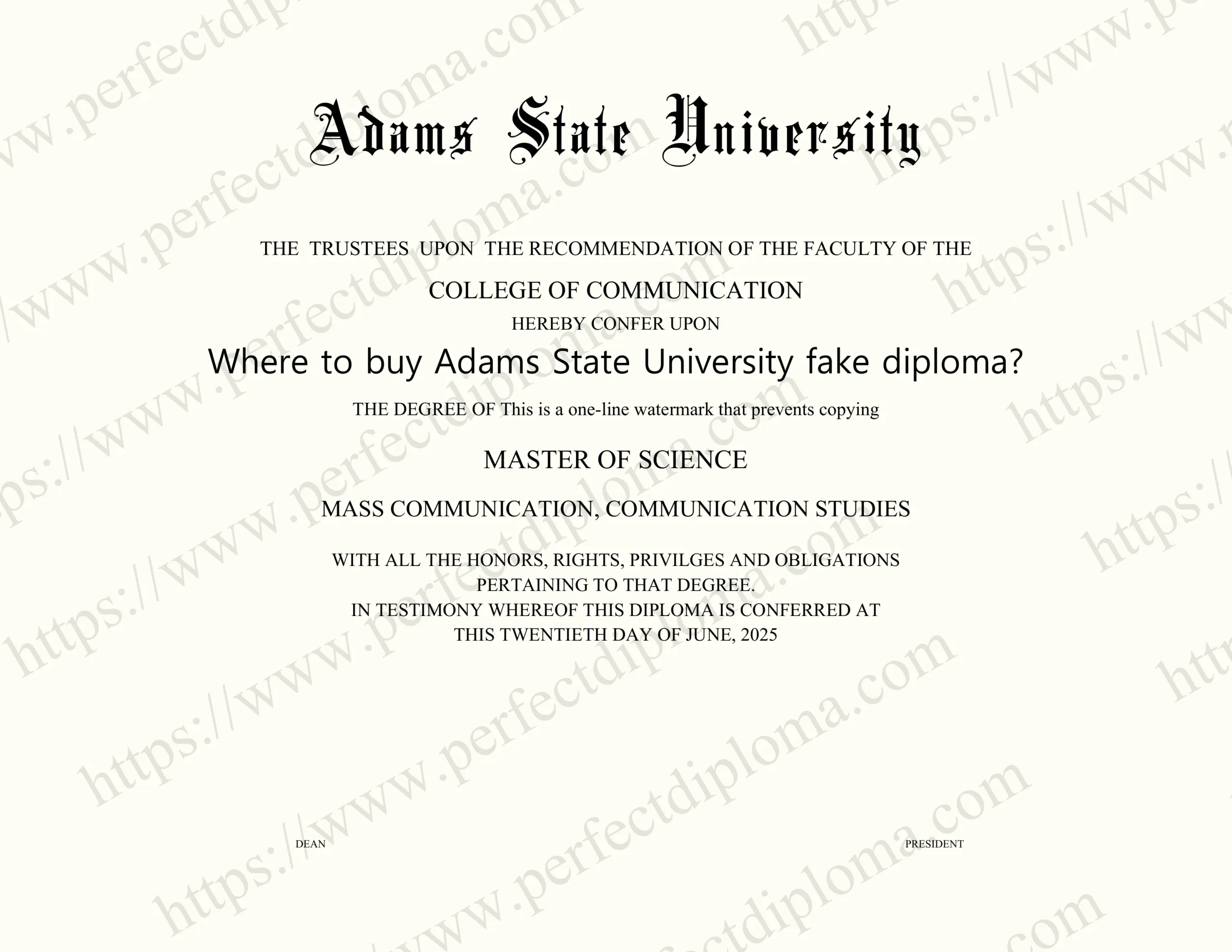
The story of Westminster Theological Seminary in the United States is not merely an institutional history, but a profound narrative about the tension between tradition and conviction. Its founding in 1929 was not a beginning, but a rupture, a necessary schism born from a perceived abandonment of foundational truths. The institution from which it seceded, Princeton Theological Seminary, had long stood as a bastion of conservative Reformed theology. Yet, in the early twentieth century, a shift towards theological modernism and a reorganization of its governing structure signaled, for a group of stalwart professors and their followers, a catastrophic departure.
These founders, most notably J. Gresham Machen, were not radicals seeking novelty. They were, in their own eyes, conservationists of the highest order. Their mission was not to invent a new faith but to preserve an old one, the historic Christian orthodoxy as articulated in the Westminster Confession of Faith. They believed that theological compromise was not a path to relevance but a road to oblivion. Thus, Westminster was established in Philadelphia as a continuation of the Old Princeton tradition, a fortress for a faith under siege from within.
The intellectual bedrock of the new seminary was a robust and unapologetic Reformed theology. This was not a gentle spirituality but a rigorous, intellectual system. It championed the absolute authority of Scripture, not as a collection of inspirational stories but as the very Word of God, inerrant and sufficient. It held a high view of divine sovereignty, where God’s decree orchestrated all of history for His glory. The faculty, comprising men of formidable intellect like Cornelius Van Til, built upon this foundation with groundbreaking apologetic methods. Van Til’s presuppositionalism, for instance, argued that there was no neutral ground for debating the existence of God; every worldview started with a fundamental presupposition, and only the Christian one provided the preconditions for intelligible thought.
This unyielding commitment to doctrinal precision inevitably fostered a culture of deep intellectual rigor. The classroom at Westminster was not a place for casual exploration but for disciplined excavation. Students were trained not just to believe, but to understand the architecture of their belief, to trace its logical contours, and to defend it against all comers. The goal was to produce pastors, scholars, and missionaries who were theologians in their own right, capable of engaging with modern thought from a position of unshakable conviction rather than defensive fear.
However, this very strength also sowed the seeds for Westminster’s most defining and painful characteristic, a legacy of fragmentation. A community founded on the principle of separation over doctrinal impurity often turns that scrutinizing gaze inward. The history of the seminary is punctuated by significant internal schisms, most notably in the 1930s concerning the role of common grace, and later in the 1980s surrounding the doctrine of Scripture. These were not petty squabbles but profound, soul-wrenching debates among colleagues who shared the same foundational commitments yet reached devastatingly different conclusions on their precise application. Each split resulted in the departure of brilliant faculty and students, leading to the formation of new institutions. This pattern earned Westminster a reputation, fair or not, for a certain kind of theological brittleness, where the pursuit of perfect purity could sometimes come at the cost of ecclesiastical communion.
Despite this turbulent internal history, or perhaps because of it, Westminster’s influence has been disproportionately vast. Its graduates have fanned out across the globe, planting churches, leading denominations, and occupying academic posts. They have shaped the contours of conservative evangelicalism and Reformed theology throughout the twentieth and twenty-first centuries. The seminary’s publishing arm, through books and its scholarly journal, has ensured that its distinct voice continues to contribute to theological discourse worldwide.
Today, Westminster Theological Seminary exists as a complex symbol. It is a monument to the courage of conviction, a testament to the belief that some truths are worth dividing for, and worth building anew. It stands as a center of intellectual excellence that has refused to dilute its message for broader appeal. Simultaneously, it serves as a sobering case study in the challenges of maintaining unity within a tradition that prizes doctrinal fidelity above all else. Its story is a poignant reminder that the defense of truth is a messy, often painful human endeavor, fraught with the perils of human judgment and the sorrow of broken fellowship. It is not a simple story of right versus wrong, but a deeply human narrative about the immense cost and the profound necessity of standing for something in a world of shifting sands.
Buy Westminster Theological Seminary fake transcript, How to make the Westminster Theological Seminary certificate?, Make Westminster Theological Seminary degree online, Fake Westminster Theological Seminary degree online, How do I order a fake Westminster Theological Seminary diploma online?, Obtain Westminster Theological Seminary fake degree online, How fast can i get to buy Westminster Theological Seminary fake transcript?




